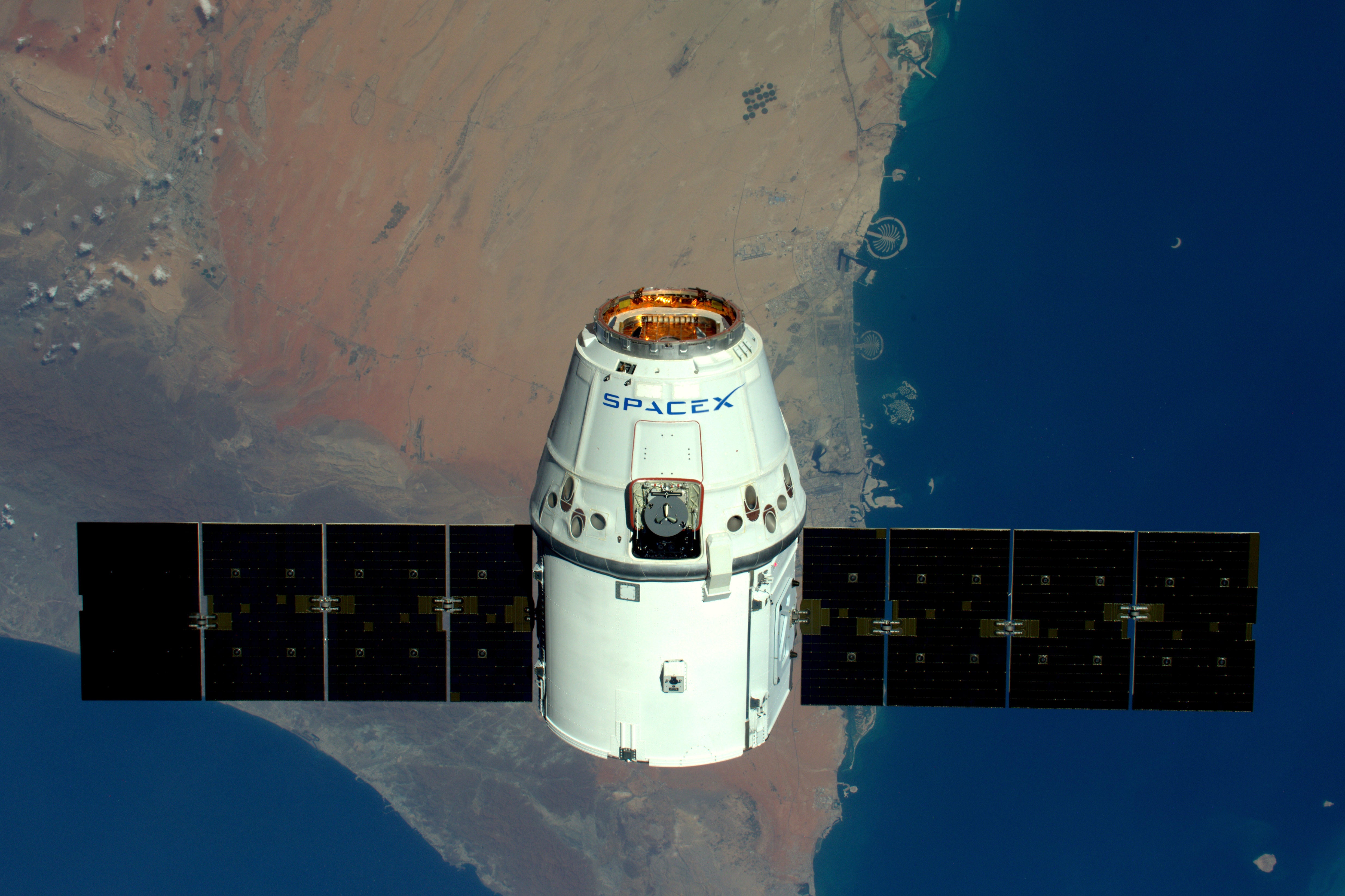The Independent's journalism is supported by our readers. When you purchase through links on our site, we may earn commission.
Elon Musk's space internet will be slower and more expensive than expected, beta test email says
‘We are trying to lower your initial expectations’, the email reads

Starlink, the satellite internet service from Elon Musk’s SpaceX, has moved into public beta.
The technology uses a cluster of satellites, in orbit around the Earth, to deliver internet connections to users.
In an apparent email sent to beta testers, shared on Reddit, the “Better Than Nothing Beta” is an attempt to “lower [the] initial expectations” of prospective users.
“Expect to see data speeds vary from 50Mb/s to 150Mb/s and latency from 20ms to 40ms over the next several months”, the email reads.
“There will also be brief periods of no connectivity at all”.
“As we launch more satellites, install more ground stations and improve our networking software, data speed, latency and uptime will improve dramatically
“For latency, we expect to achieve 16ms to 19ms by summer 2021”.
Issues of internet speed have dogged Starlink for months. In August 2020, Starlink tests conducted by Ookla show download speeds ranging from 11 Mbps to 60 Mbps, while upload speeds have ranged from 5Mbps to 18Mbps.
Latency tests show a range between from 31ms to 94ms.
SpaceX had previously claimed that download speeds will reach 1Gbps, with a latency ranging between 25 to 35 milliseconds.
In October, the company launched a new batch of satellites, bringing the total number of crafts in low-Earth orbit to over 800.
“With performance that far surpasses that of traditional satellite internet, and a global network unbounded by ground infrastructure limitations, Starlink will deliver high-speed broadband internet to locations where access has been unreliable, expensive, or completely unavailable,” the firm’s website claims.
A Starlink internet connection is also set to be costly.
“The Starlink phased-array user terminal … plus mounting tripod and wifi router costs $499 [approximately £383] and the monthly subscription costs $99 [approximately £75]”, the email reads.
The email did not mention any data caps on the service. SpaceX did not respond to a request for comment from The Independent.
During a speech from 2015, as reported by Inverse, Elon Musk had suggested that Starlink user terminals would come at a high price, speculating somewhere between $100 and $300 – lower than the price SpaceX is now telling users.
SpaceX published an app on the Apple App Store for beta users; a similar app is available on the Google Play Store.
“Under Starlink’s Better Than Nothing Beta program, initial service is targeted for the U.S. and Canada in 2020, rapidly expanding to near global coverage of the populated world by 2021,” the app’s description reads.
SpaceX recently partnered with Microsoft to launch the company’s cloud computing capabilities, Azure, into space.
The company developed Azure Space so that it might be used to simulate space missions, or analyse satellite data.
It says that as well as the space industry, the fields of agriculture, energy, telecommunications, and government will also benefit from the project.
Join our commenting forum
Join thought-provoking conversations, follow other Independent readers and see their replies
Comments


Bookmark popover
Removed from bookmarks